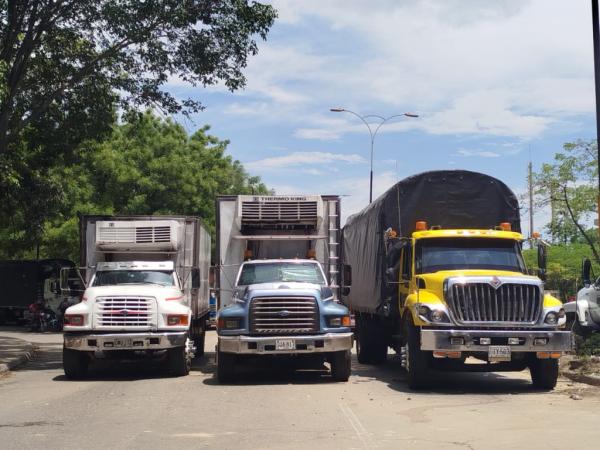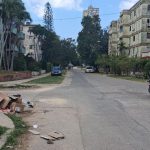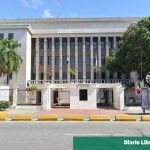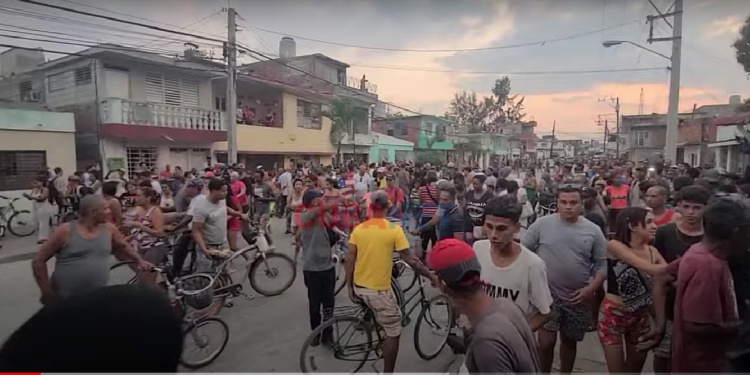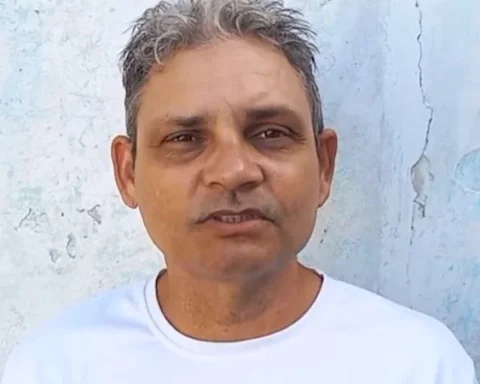After almost a week of strikes and in the midst of negotiations between the National Government and truck drivers to end the transport strike, the Ministry of Finance presented a series of new proposals waiting to get closer to what is being called for to end the blockades across the country.
During his participation in the IX Colombian Business Congress (CEC), organized by the National Association of Entrepreneurs of Colombia (Andi), Minister Ricardo Bonilla highlighted that they are getting closer to reaching an agreement at the negotiating table and that the proposals that began to be analyzed took into account the requests of the transporters.
Other news: How close are the Government and transporters to reaching an agreement?
“The Government suggested replacing the increase of $1,904, which was established “On August 31, for an adjustment of $200 per month from September to December, which would give a total of $800 at the end of the year. With this result, new changes would be reviewed starting in January 2025,” explained Bonilla González.
In his statements, the Minister of Finance also reiterated that one of the priorities of this Government is to close the deficit gap of the Fuel Price Stabilization Fund (FEPC) and that although gasoline has already had important adjustments between January 2022 and January 2024, the objective now is to adjust the value of ACPM, which has been frozen for 56 months, generating significant fiscal pressure on the country.
Ricardo Bonilla, Minister of Finance and Public Credit
“In 2023, the diesel deficit amounted to $15 billion, while in 2024 it could reach between $11.6 billion and $12 billion, which also translates into a subsidy of one billion pesos per month, a debt that “It affects the country’s financial stability,” the official added to the businessmen.
Ricardo Bonilla also said that the negotiating table is aware that “these blockades affect inflation more than the increase in the price of diesel,” which is why they are working with the speed that the case requires.
More information: Bogota has less than a week’s supply of gasoline due to the truckers’ strike
“The right decision is to close the gap and make the price of fuels float as it had been doing before 2020, when the country had forgotten that there was a problem, because the price was adjusted every month and the ghost of inflation disappeared (…) The blockades affect inflation more than the increase in the price of diesel,” said the head of the Treasury portfolio in Colombia.
Cost of living
Regarding inflation, the Ministry of Finance expects it to end at 5.5% by the end of 2024, while the intervention rate of the Banco de la República will close at 8.5%. Having said that, Bonilla launched new barbs at the Banco de la República and warned them that for this to happen, rates need to be lowered.

Truckers’ strike
In this sense he explained that what is needed is thatand “the monetary policy rate will be lowered by 75 basis points at each of the next three meetings.”
Bonilla also highlighted some of the economic certainties that have taken place in these two years of Government and indicated that work is being done on an agrarian reform and that, to date, 142,903 hectares have been purchased at market price. He also recalled that 1.13 million hectares have been titled as part of the Government’s commitments to improve the conditions of the agricultural sector.
Finally, he highlighted the Government’s commitment to continue paying its obligations to its creditors. Proof of this is that the third of eight installments owed to the International Monetary Fund (IMF) for the loan of US$5.4 billion that the multilateral organization granted to Colombia during the Covid-19 pandemic.
